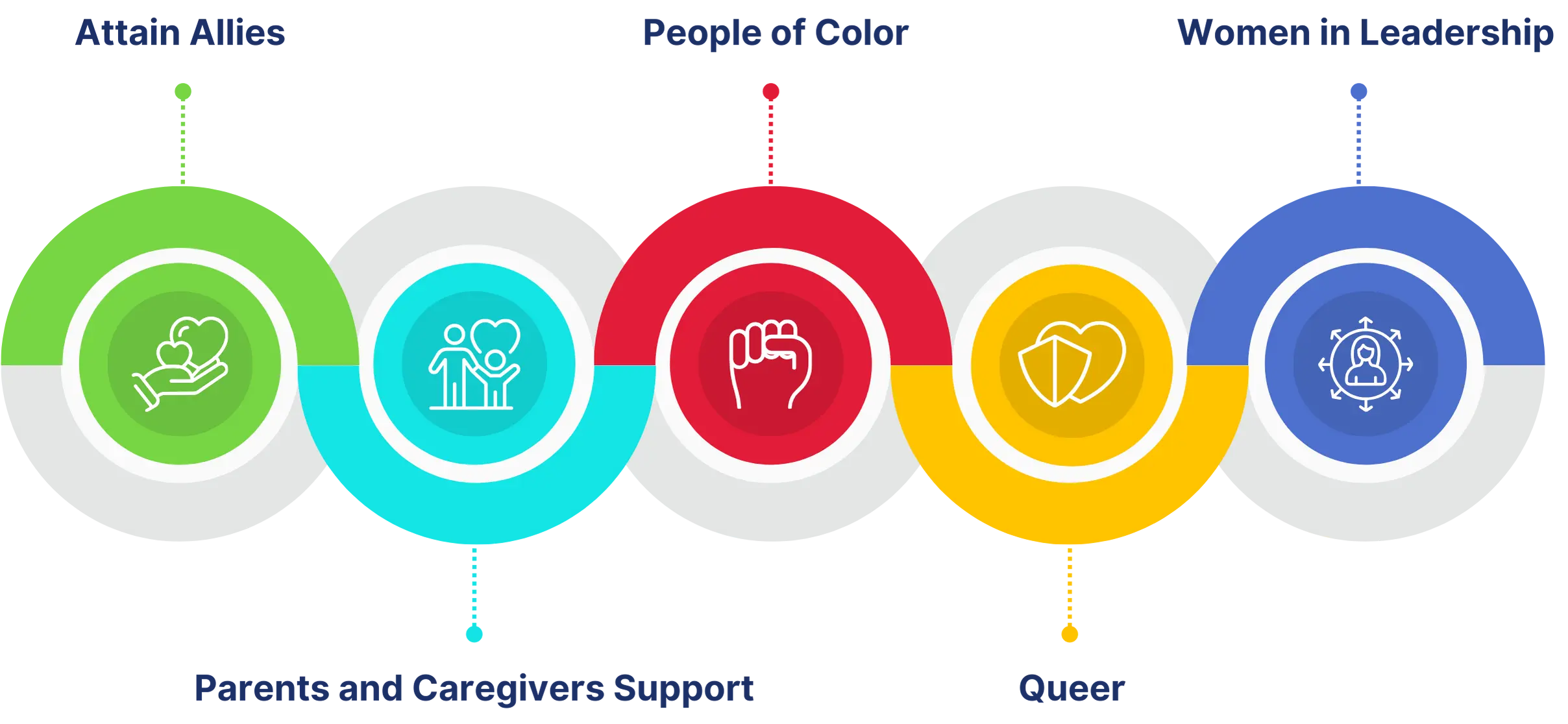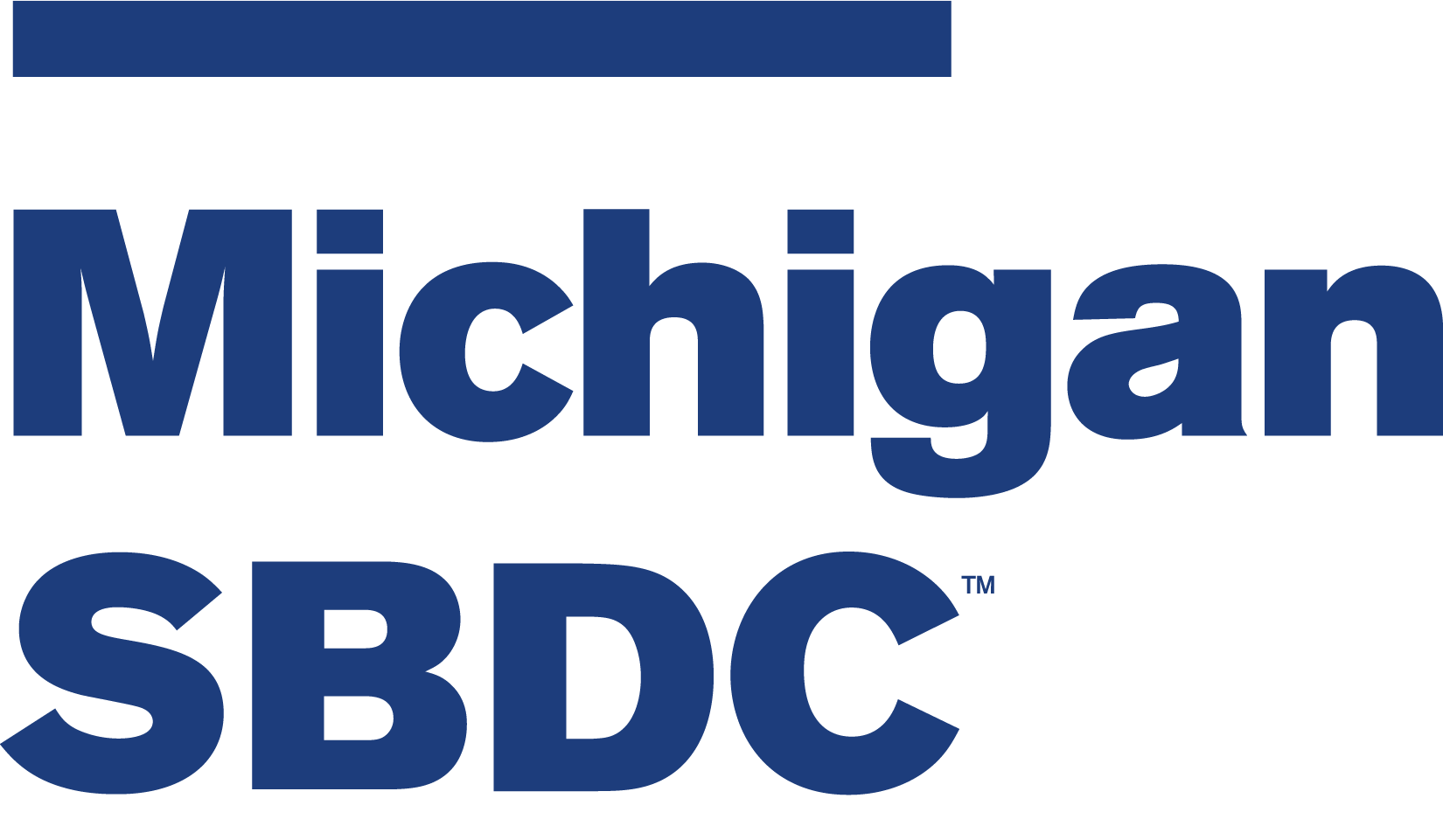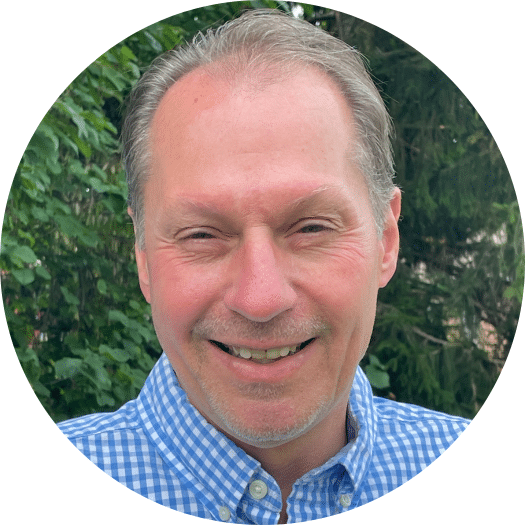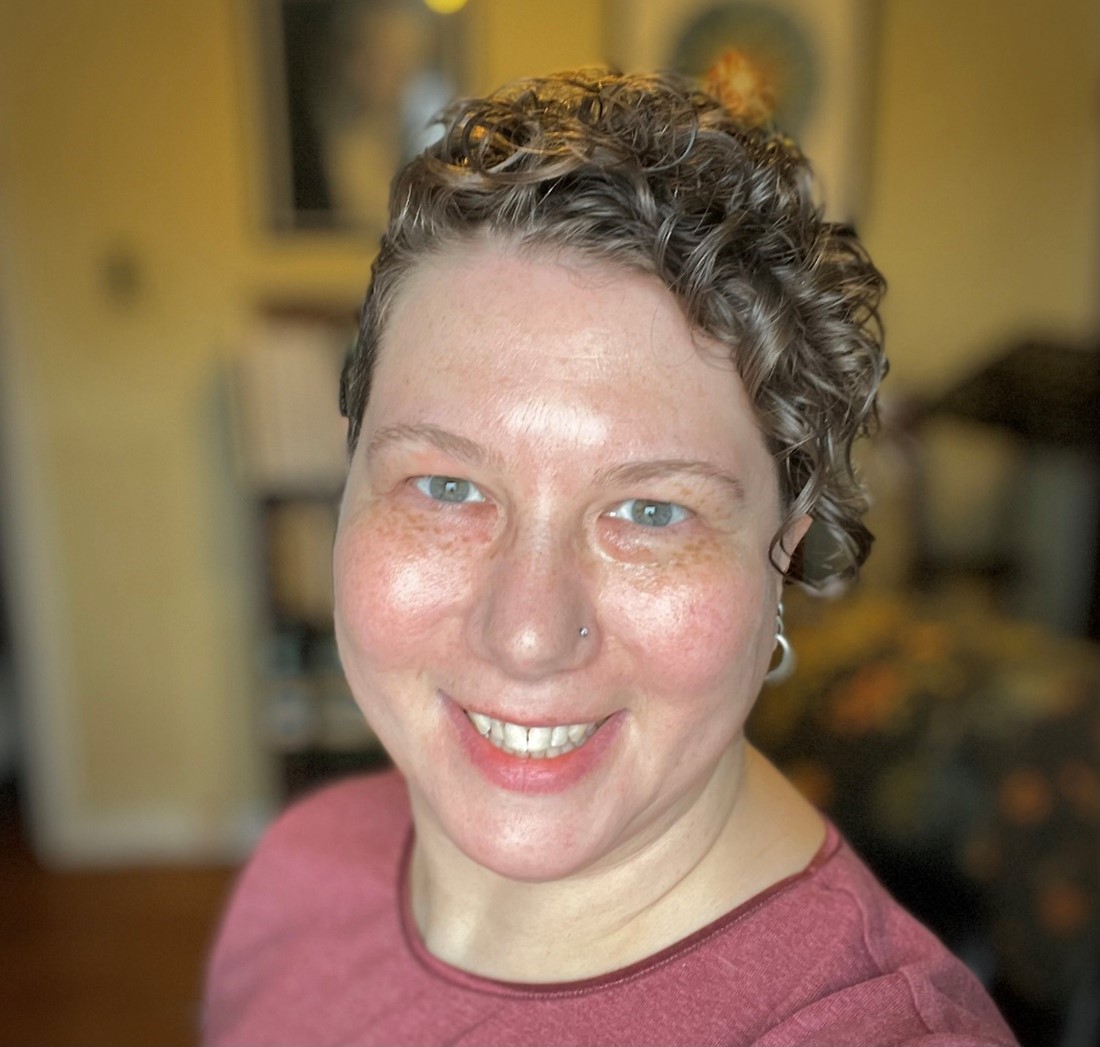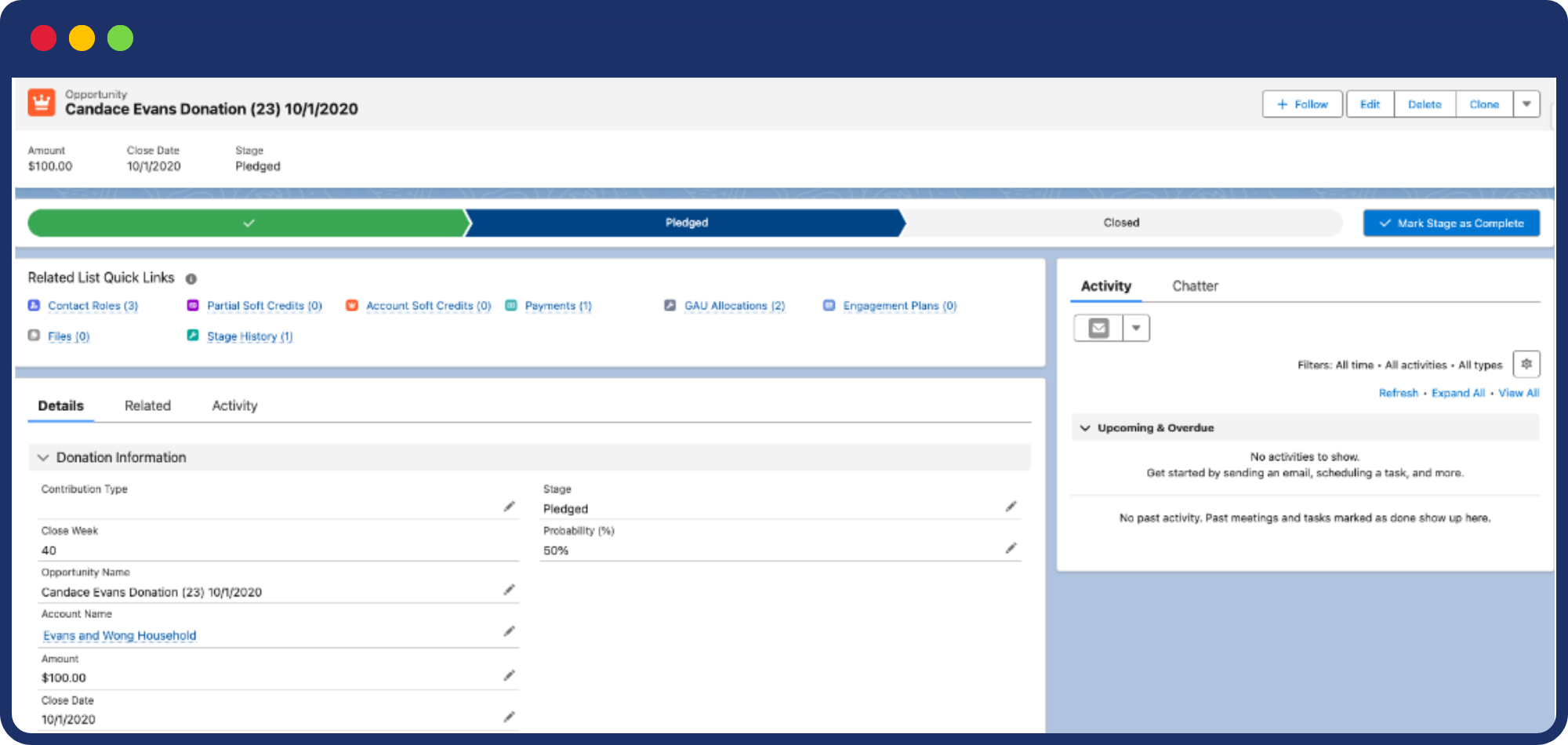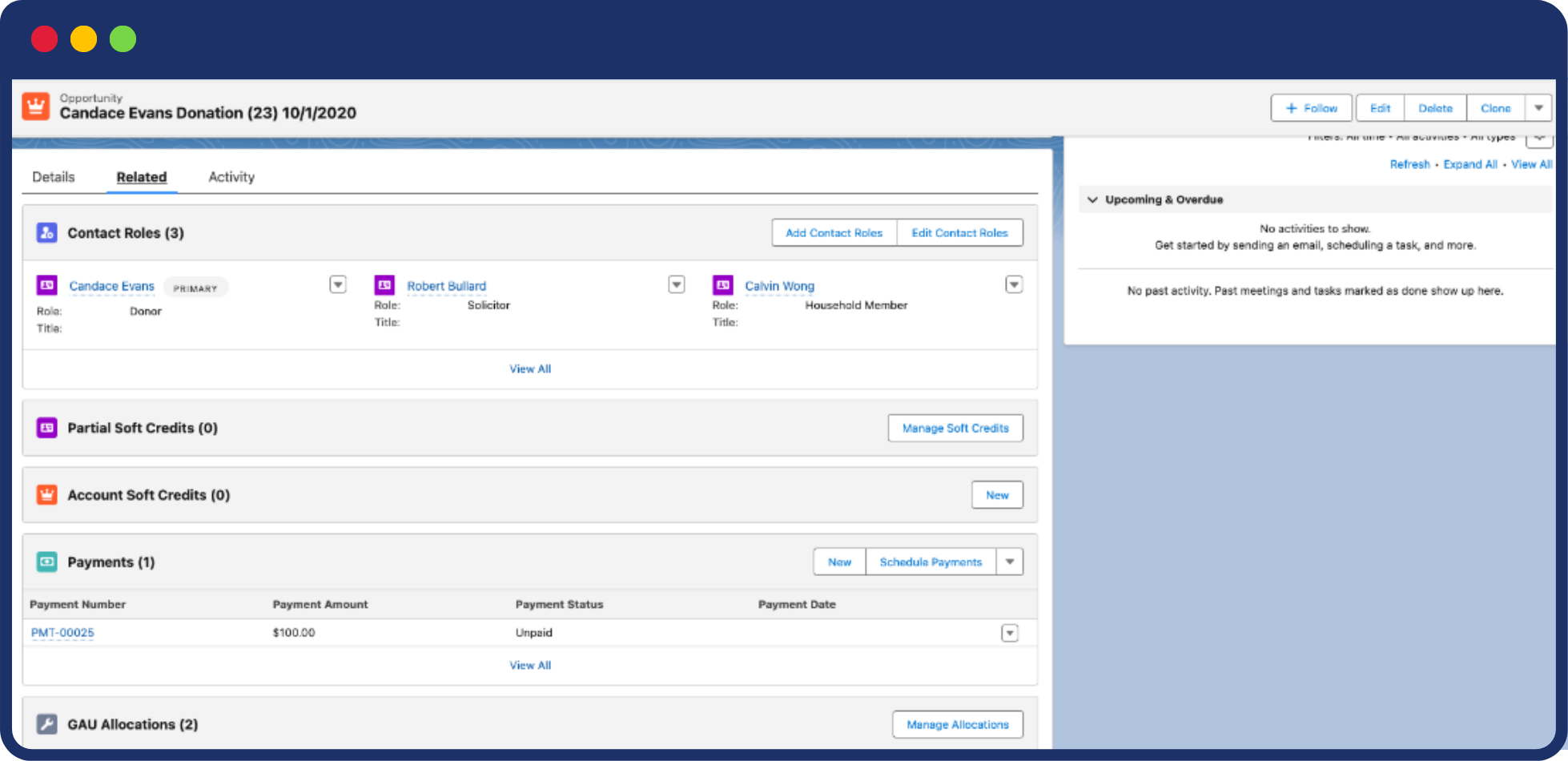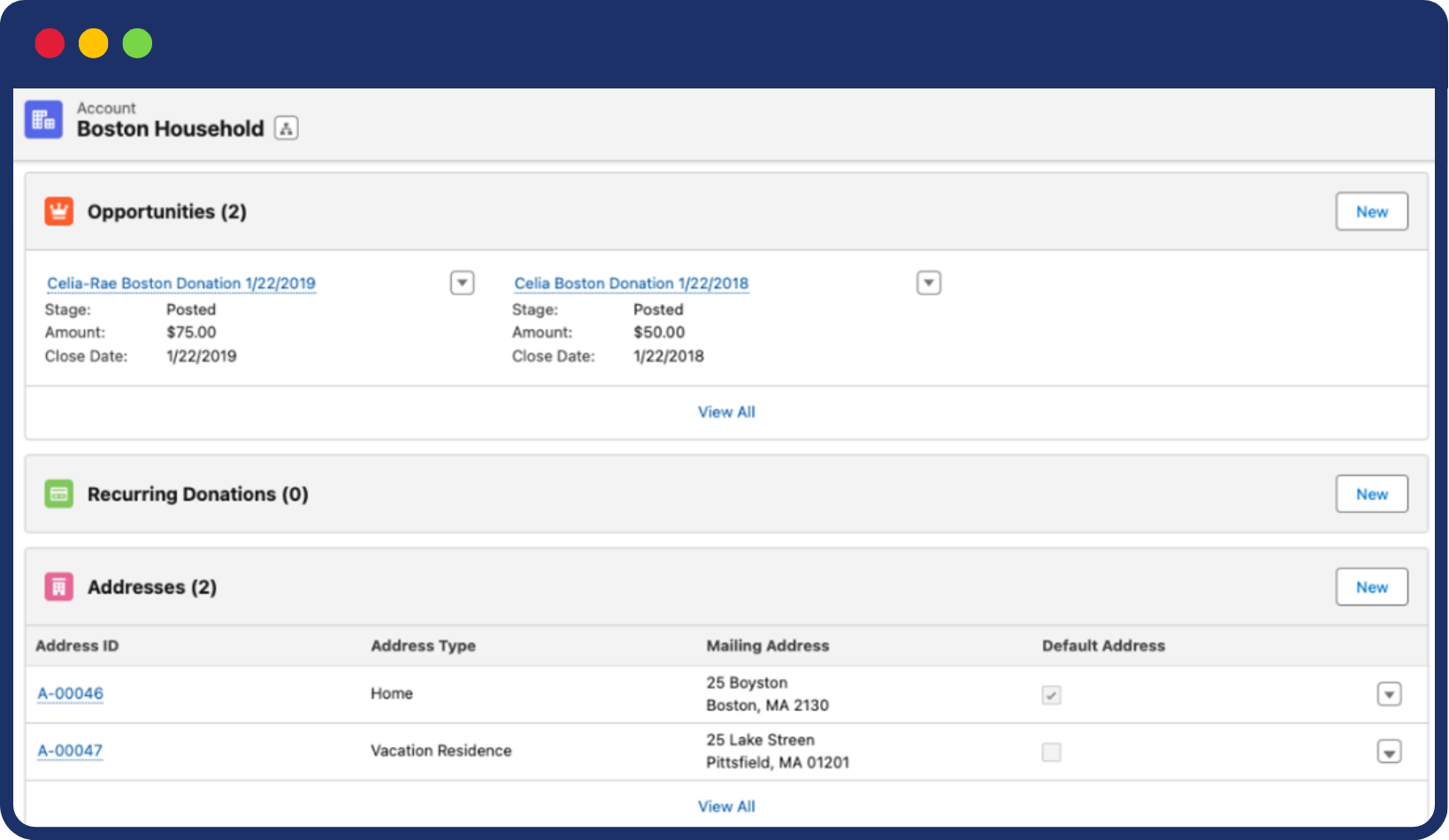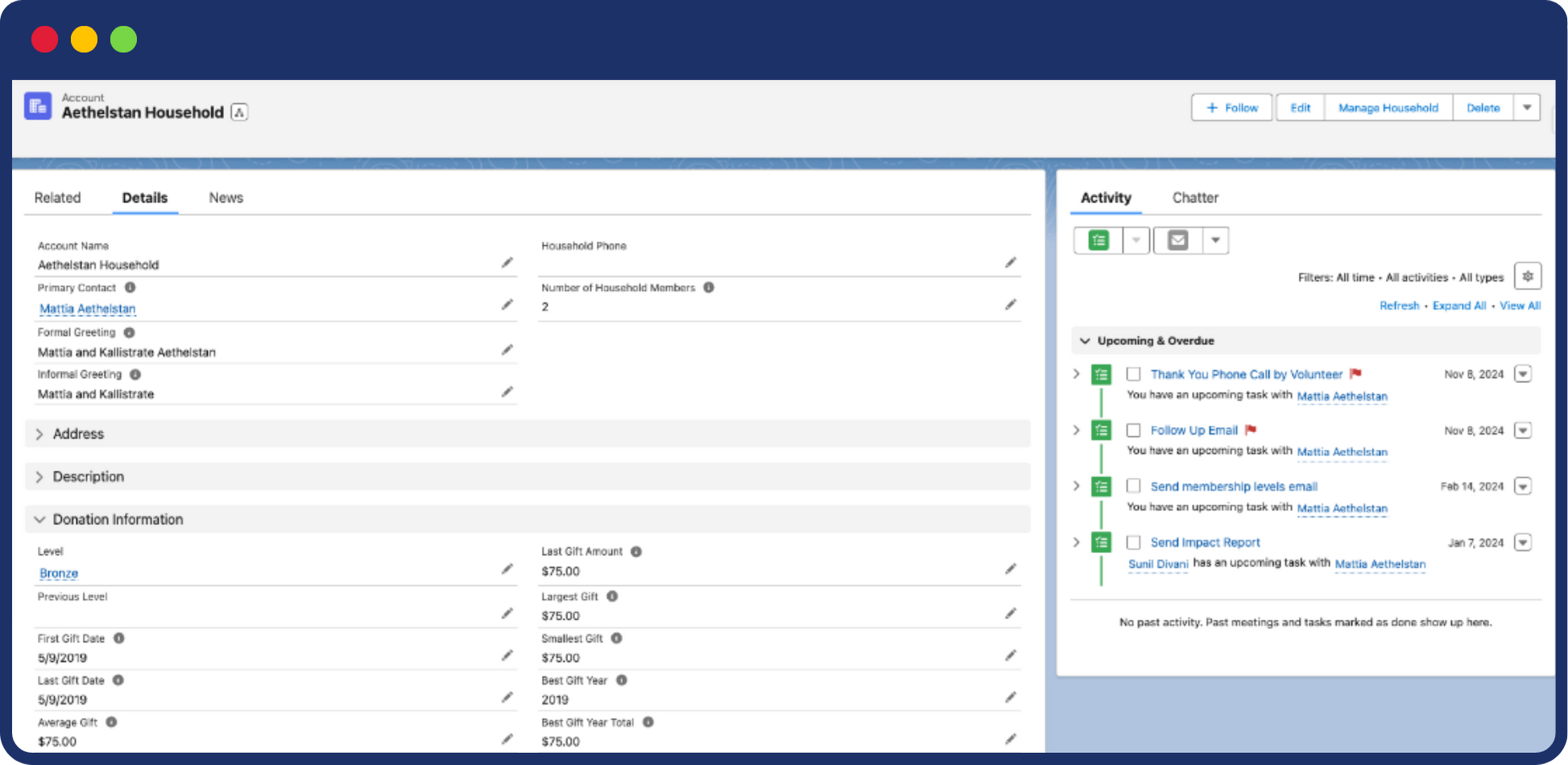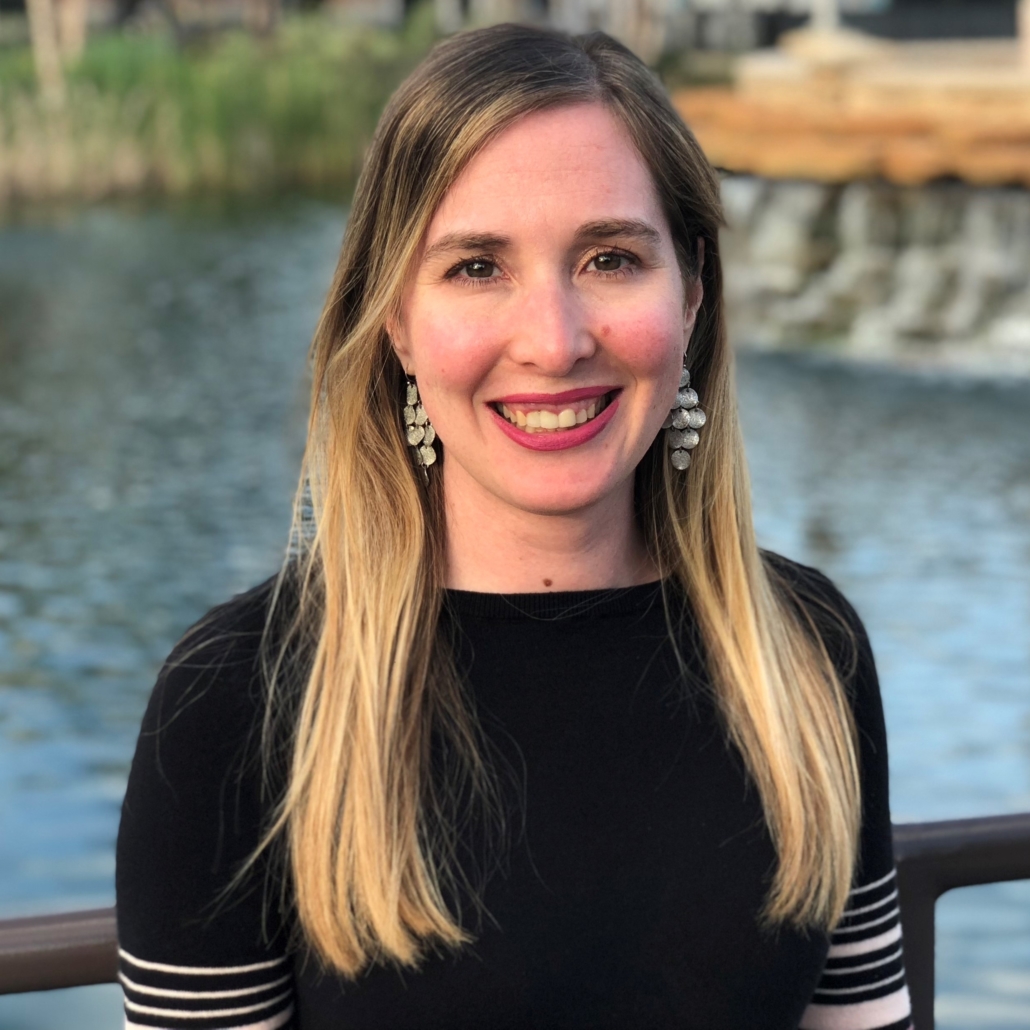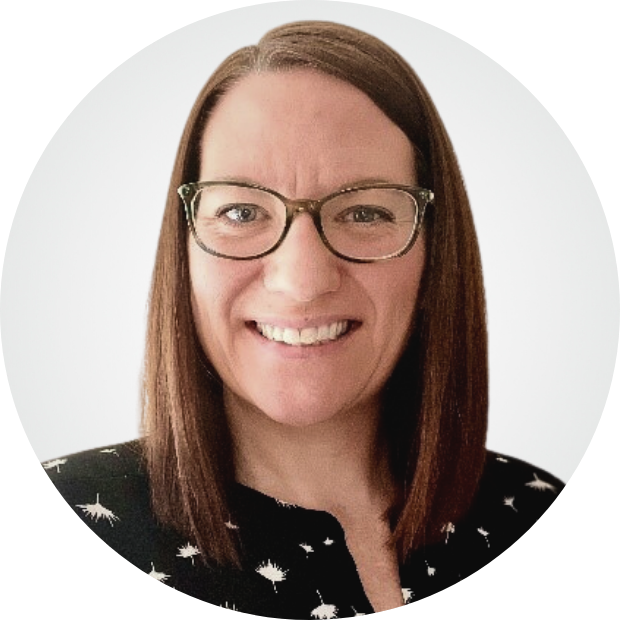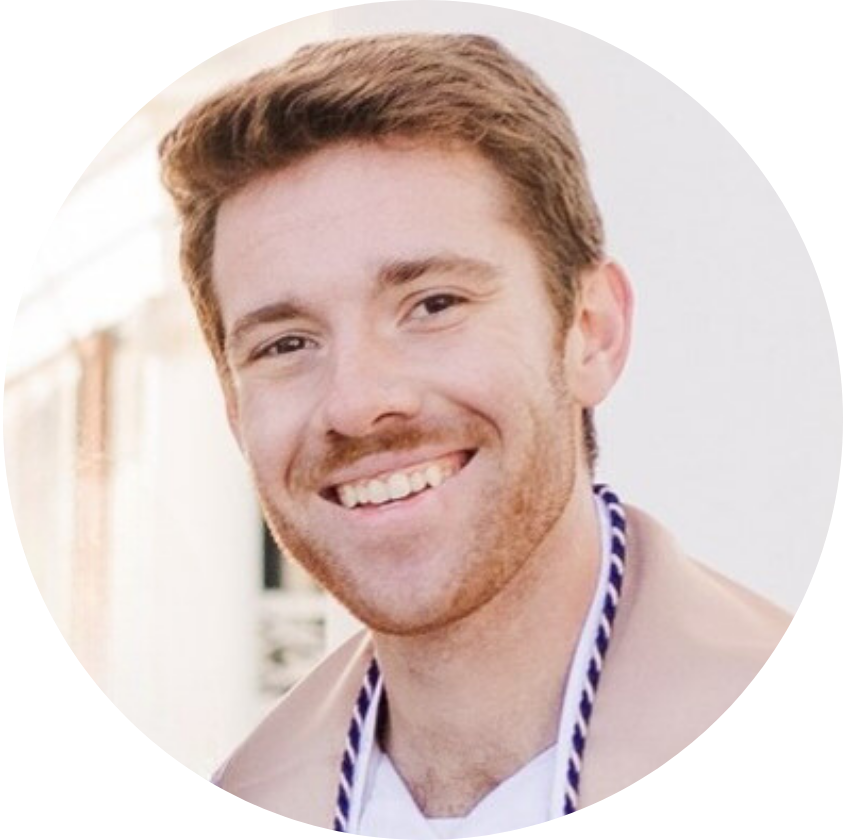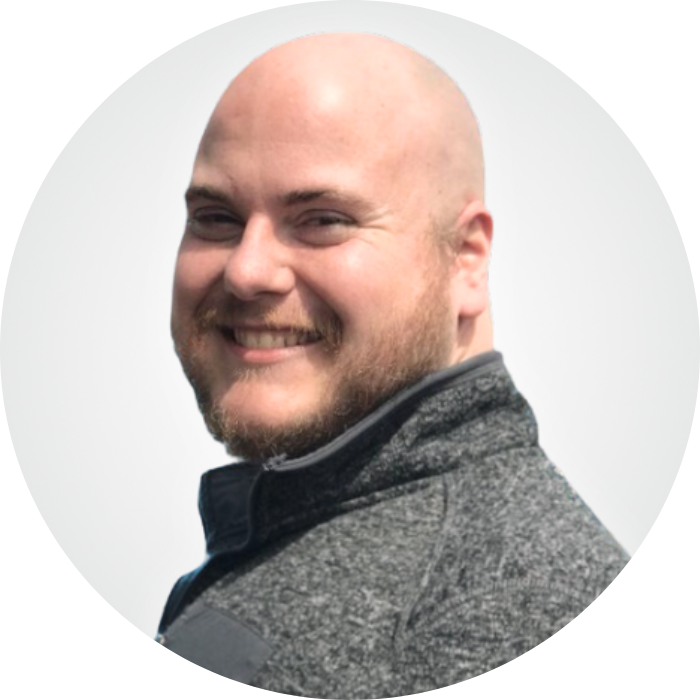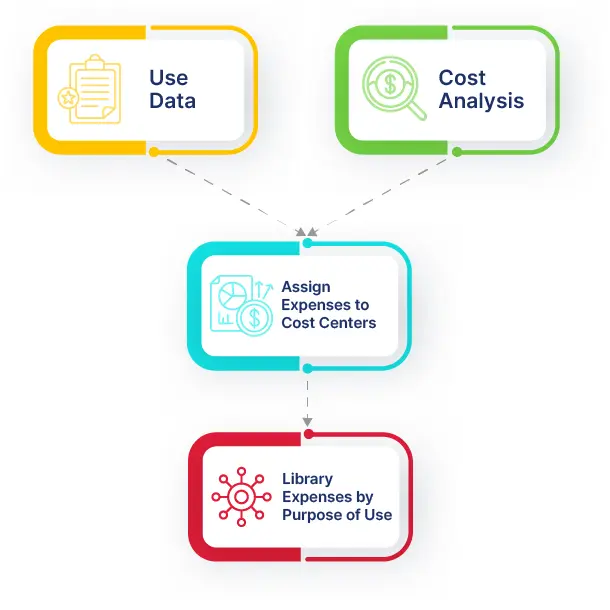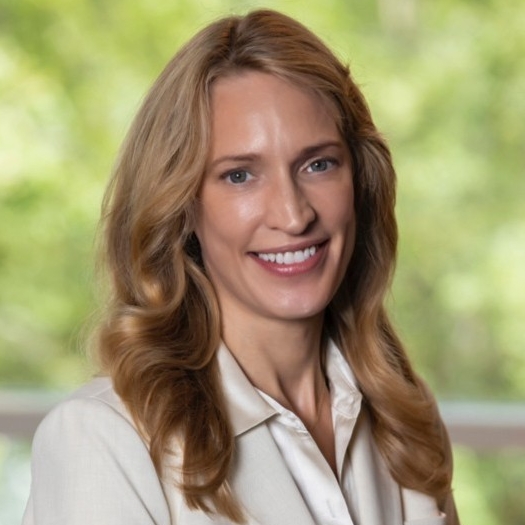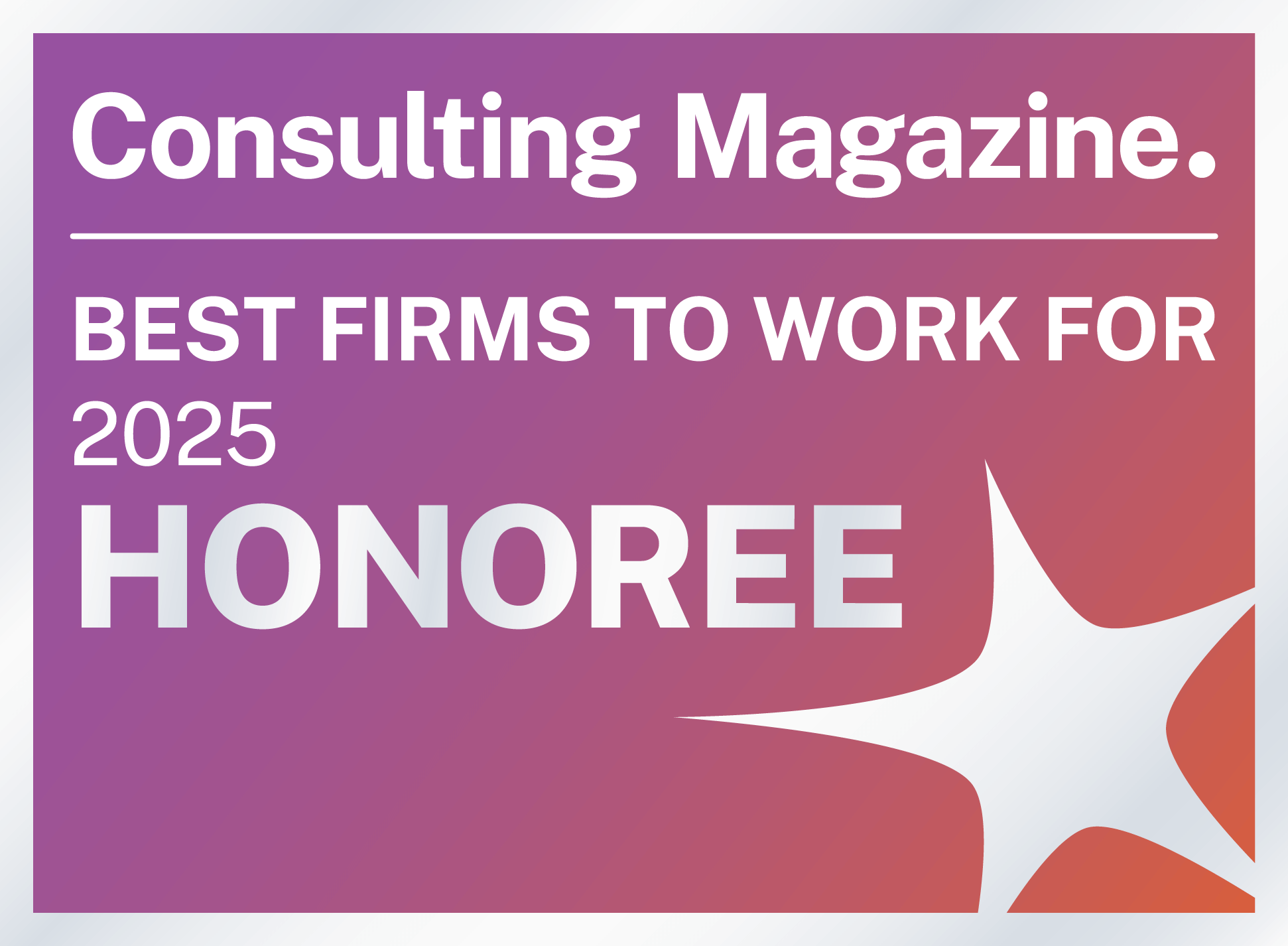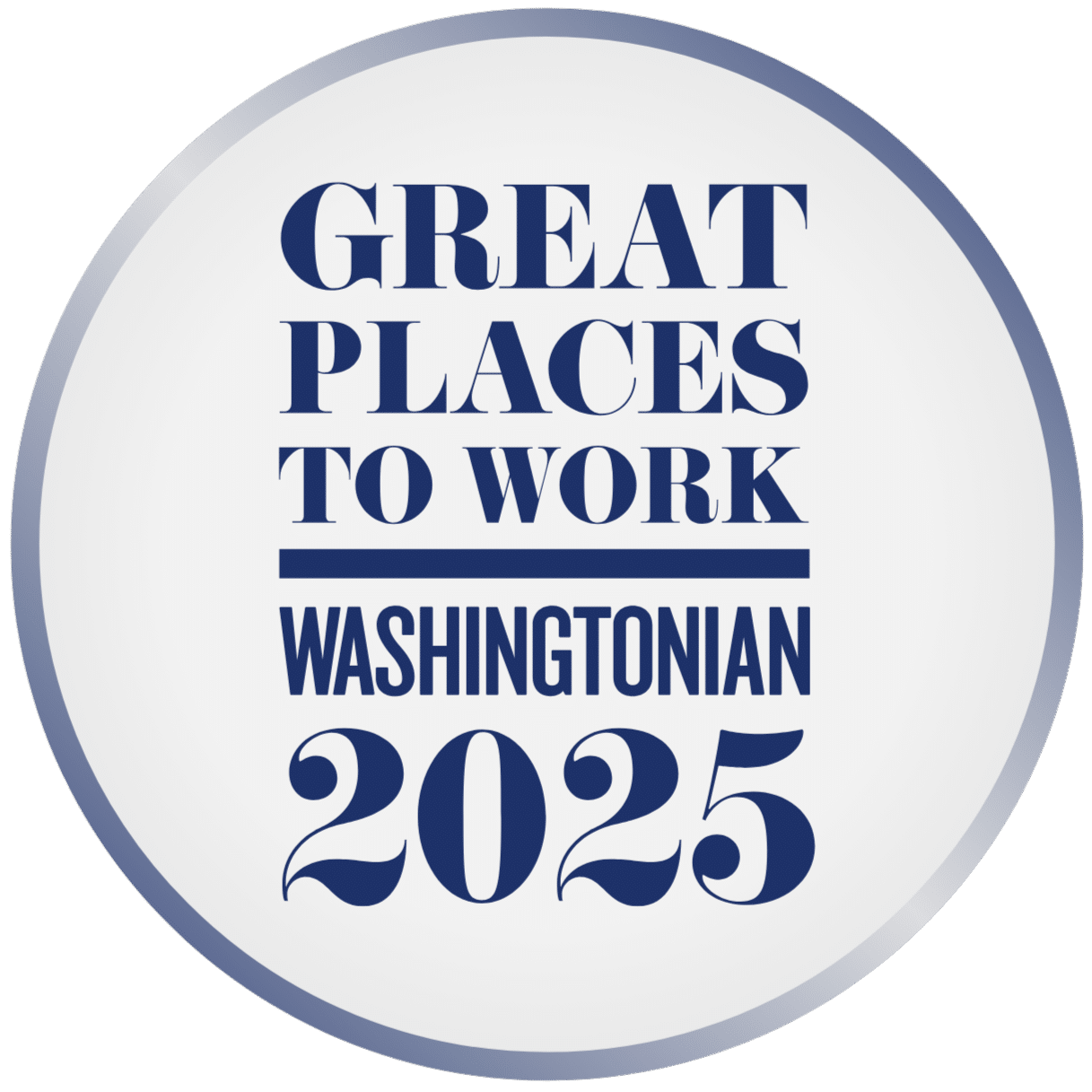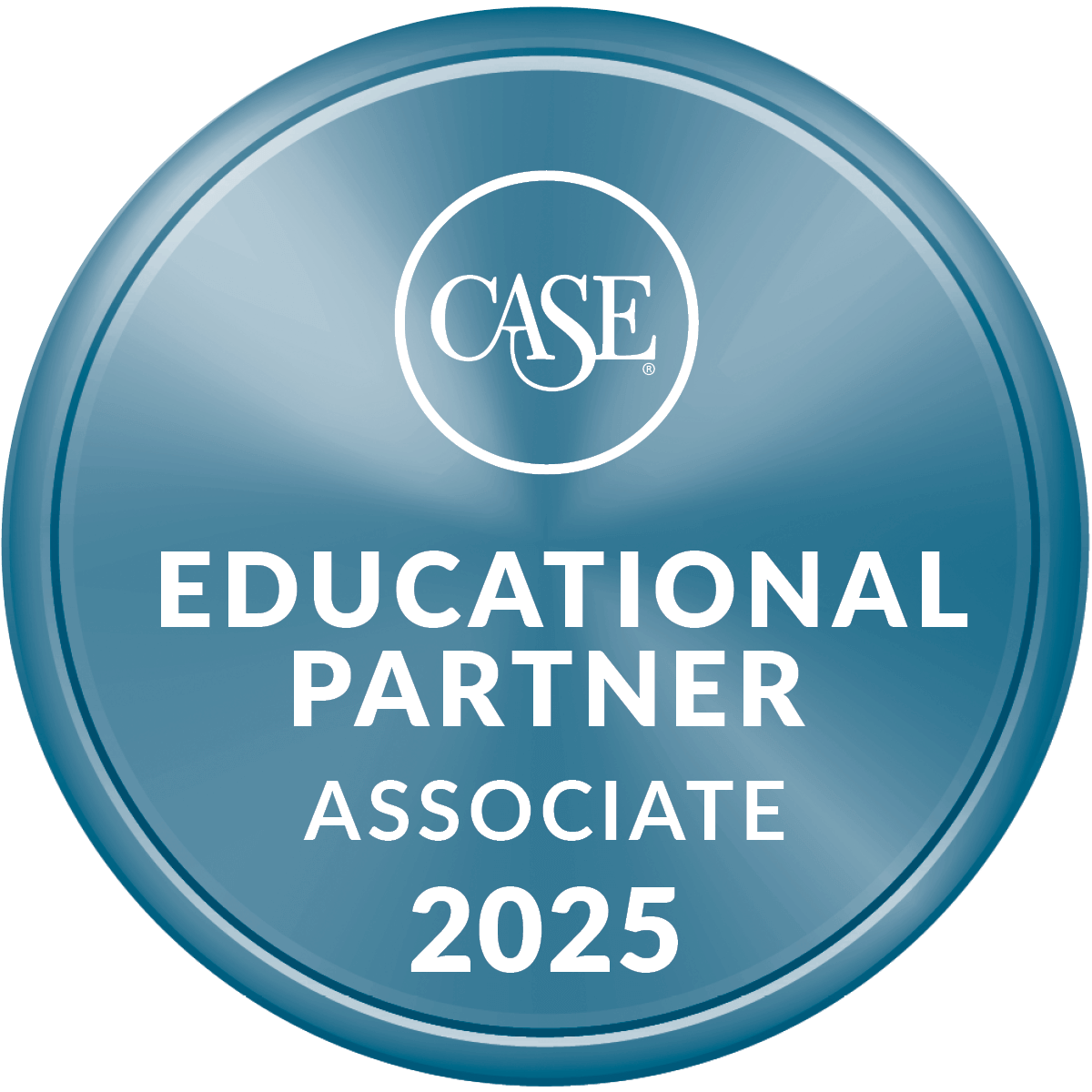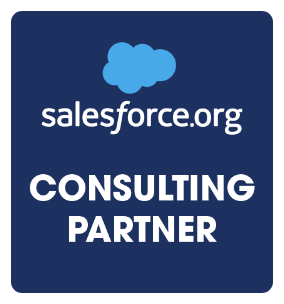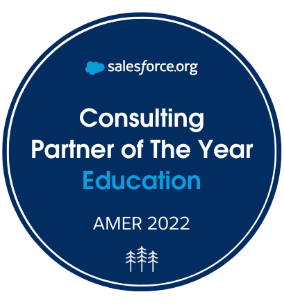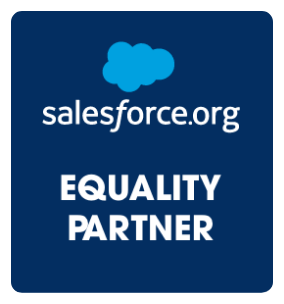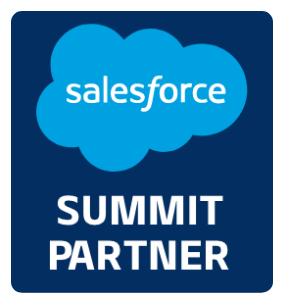Higher Education Technology and Advancement Expert Andrew Whittaker Joins Attain Partners
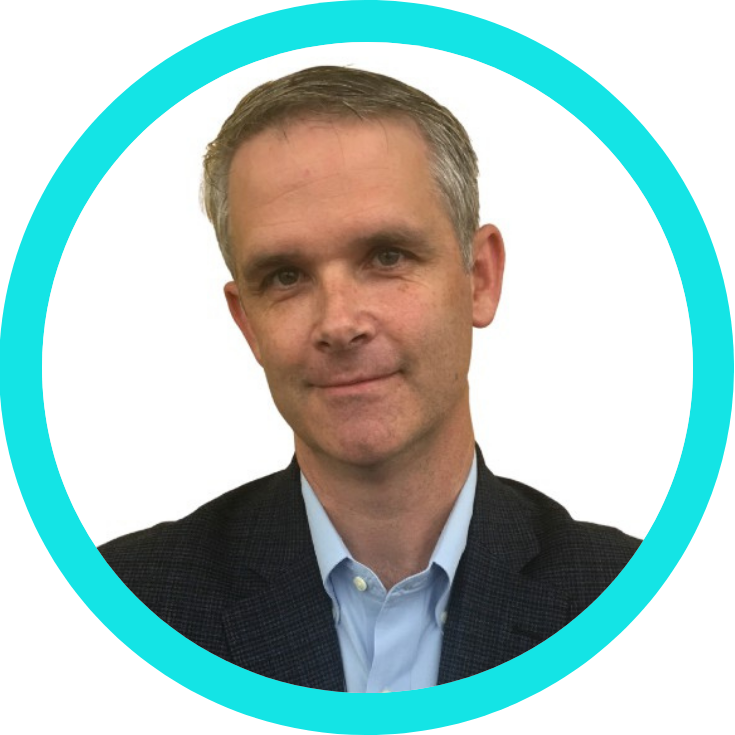
Attain Partners Welcomes Andrew Whittaker to Share His Expertise on Revolutionizing Institutions Through Cutting-Edge Technology
Andrew Whittaker joined us in December as a Director of Strategic Accounts to provide technology implementation expertise to our higher education clients. With decades of experience in his professional career (as well as growing up in a home that was focused on Advancement!), Andrew has seen firsthand how the right technology can transform an institution, allowing it to achieve its Enrollment and Fundraising goals.
Please join us in celebrating our newest team member, Andrew Whittaker, as he shares his expertise and why he loves working in Higher Education.
Attain Partners (AP): How did you get into Higher Education Technology and Advancement?
Andrew Whittaker (AW): I grew up around Higher Education and Advancement. My father served multiple universities as VP of Advancement. Early out of college, I worked at my alma mater in their IT organization. My focus was implementing new learning technologies into the classroom, specifically Blackboard technology. I then joined a company that provided information analytics and prospect screening solutions for campaign fundraising. One of the first Software-as-a-service (SaaS) companies to offer CRM solutions for Higher Education, National Nonprofits, and Healthcare Organizations ultimately acquired this company.
AP: What did you do before joining Attain Partners?
AW: Before joining Attain Partners, I served as an executive at a start-up technology firm that utilized the latest in Generative and Conversation AI technologies to facilitate conversational learning and development. Before that, I was the Senior Vice President of Sales and Partnerships at UC Innovation, where I focused on expanding the early adoption of the ascend application.
AP: What brought you to Attain Partners?
AW: During my time at UC Innovation, I had the opportunity to collaborate closely with the Attain Partners team on several initiatives. I was impressed by their ability to consistently put the company’s core values into action, delivering tangible results for their clients. The team members at Attain Partners are exceptionally talented, and their unwavering dedication to helping clients adopt the latest technologies and achieve their goals is truly remarkable.
AP: Which of our seven core values speak to you the most?
AW: I appreciate all of the core values embraced across Attain Enterprises. The core value that speaks to me the most is Team for Speed. I believe that in order for any transformative technology initiative to be successful, it requires the input and expertise of many perspectives. A collaborative team environment that is effective in working together can help to achieve the desired results in a bold and disciplined manner.
AP: What do you like most about the work you do?
AW: I like the opportunity to collaborate with clients and hear about their vision for where they want their institutions to be as a result of incorporating new technologies and process changes.
AP: What are the biggest ways you’ve seen Advancement efforts impact organizations?
AW: I have a vivid memory of a presentation given by a university president, where he described Advancement as the means to fund the “margin of excellence.” Each Advancement organization has its own unique pursuit of excellence. I have witnessed a wide range of impactful Advancement efforts, from preventing the closure of a college to funding research initiatives that will yield positive impacts a decade from now.
AP: What do you read and watch to keep current?
AW: I am a huge fan of conferences to connect with others and keep current on the latest technologies serving the Higher Education space. Conferences such as AASP, CASE, and Dreamforce are at the top of my list.
Attain Partners – Salesforce Experts
No matter if your organization is beginning its Salesforce journey or 10+ years into development, Attain Partners is here to help you achieve your digital transformation goals.
To learn more, check out our Salesforce Innovation services, read case studies about our work, and explore blog posts from Attain Partners’ Salesforce team.
Learn more – Andrew Whittaker
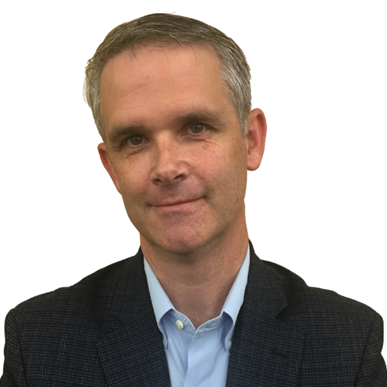
With more than 20 years of experience, Andrew Whittaker is a highly trusted sales executive who excels in guiding enterprise clients through the complex process of selecting and implementing technical solutions across diverse industries including Higher Education, Healthcare, and Nonprofits. He brings a strong entrepreneurial spirit and provides consultative advice at all stages of technology adoption. Andrew has a passionate drive to help organizations achieve their missions through the implementation and use of the latest cutting-edge technology innovations.
Interested in speaking directly with Andrew? Fill out this form to be connected!

Be the First to Know
Subscribe to our monthly Pulse newsletter
to be the first to hear about new blog posts





